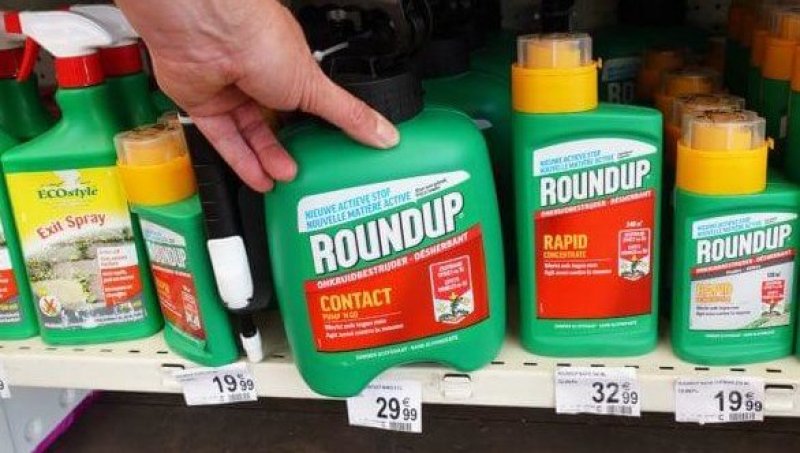German drugs and chemicals giant [Bayer] has repeatedly failed to put the Roundup woes behind it. Bayer inherited the legal nightmare with $63 billion Monsanto takeover, a deal spearheaded by Baumann early in his tenure as CEO. The purchase closed just weeks before the first of three U.S. juries found that Roundup had caused cancer.
Bayer’s three losses in U.S. trial courts only intensified the surge of suits against it concerning Roundup.
Bayer has decided to remove glyphosate, the active ingredient in Roundup, from the consumer market in 2023. The new version of the weedkiller will rely on “alternative active ingredients,” and will need EPA approval, Bayer said. The move is to “manage litigation risk” and not because of safety concerns, the company said.
Non-Hodgkin’s lymphoma has a long latency period, [law professor Elizabeth] Burch said. So while the company can cut off some future cancer claims tied to the substance, they’ll still be dealing with Roundup cases for some time, she added.































